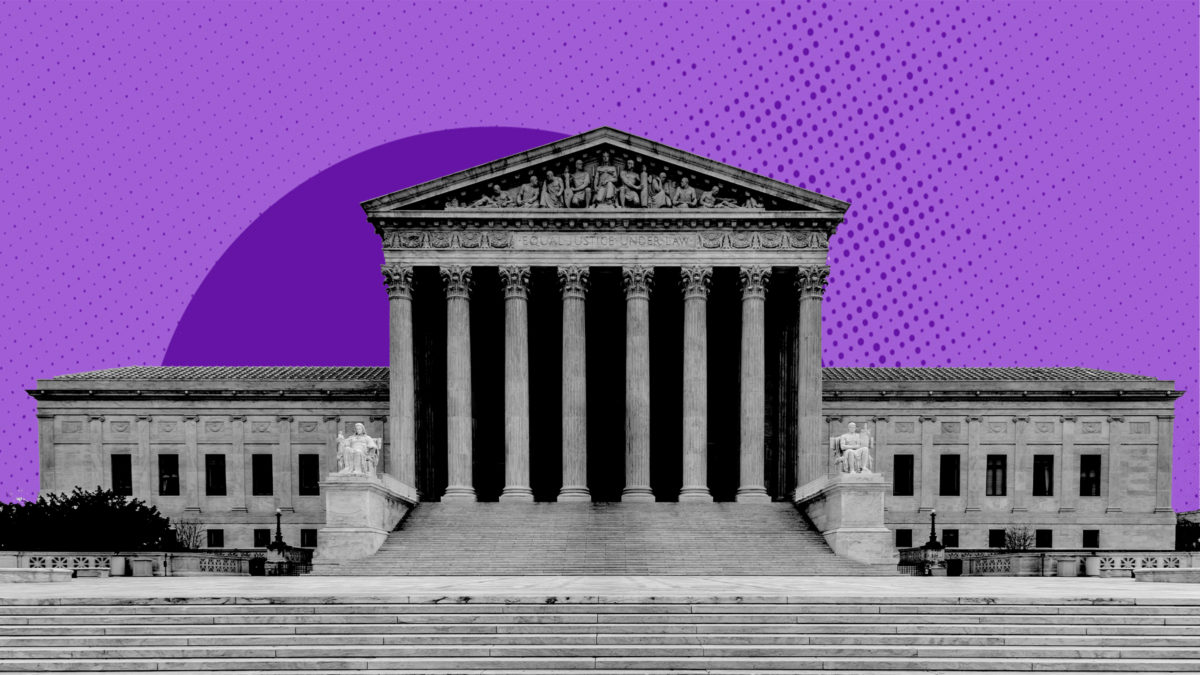In 1999, Geraldine Tyler, a widow in her seventies, purchased a one-bedroom condo in northwest Minneapolis. She lived there for more than 10 years before. But after what her lawyers called a “frightening confrontation with a neighbor,” she decided to move into a senior assisted-living facility where she could feel safe.
Her new apartment was expensive, though. Geraldine fell behind on her property taxes to the tune of $2,300, and her struggle became Hennepin County’s gain. The county tacked on another $12,700 in late fees and penalties, pushing her debt to $15,000.
Minnesota law allows counties to seize properties and sell them to collect unpaid tax debt like Geraldine’s. In most states, the government keeps only the amount of the outstanding debt and returns the balance to the property owner. But in 14 states, including Minnesota, counties can keep everything. In 2015, Hennepin County seized Geraldine’s condo over her outstanding tax debt, and eventually sold the condo—valued at $93,000, according to her lawyers—for $40,000. It pocketed the extra $25,000. Geraldine was left with nothing.
In 2019, Geraldine sued. But a federal district court dismissed her case, holding that she had no property interest in her home equity because the Minnesota legislature wrote it away by crafting a “comprehensive and detailed scheme” for dealing with surplus profits from debt sales. The Eighth Circuit Court of Appeals affirmed, focusing on procedures in the Minnesota law that allow property owners to fight the sale of their home, like the option to repurchase it before the seizure becomes final. The upshot is that in states like Minnesota, so long as the government writes a sufficiently thorough law and lets you know early enough, it can seize your property, sell it, and keep the surplus—all because of a few hundred dollars of unpaid taxes.
In January, the Supreme Court granted certiorari in Geraldine’s case, and will hear oral argument in April. At issue is whether Hennepin County’s decision not to return her $25,000 is an excessive fine in violation of the Eighth Amendment, or a government taking of property without just compensation in violation of the Fifth Amendment.
Geraldine is hardly the only person to be victimized by laws like Minnesota’s. According to the National Consumer Law Center, tax foreclosures can take place over homes that are worth many times the amount of unpaid tax debt. Her lawyers found that over the past decade, Minnesota homeowners whose properties the government confiscated lost over 92 percent of the value of their homes—the average sale amount was $207,000 for tax bills that averaged just $17,000. “Individually, the loss for struggling property owners can be devastating; collectively, they lose hundreds of millions of dollars in equity every year,” they wrote.
Low-income elderly people are among the most likely to fall prey to this kind of state-sanctioned stealing. According to an amicus brief submitted by the American Association of Retired Persons, elderly homeowners are particularly vulnerable because of the economic pressures they face: rising costs for taxes, insurance, utilities and repair and maintenance in the face of limited retirement income. Elderly people are also at higher risk of living with a cognitive disorder like Alzheimer’s or dementia, which makes it difficult to handle financial affairs on their own, according to the National Consumer Law Center. About a quarter of homeowners 65 and older are “cost-burdened,” which means they are paying more than 30 percent of their income for housing. Many are one financial crisis away from losing everything.
The Supreme Court has the power to protect people like Geraldine. The question is whether the justices will exercise it.

